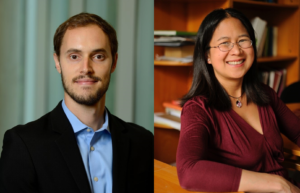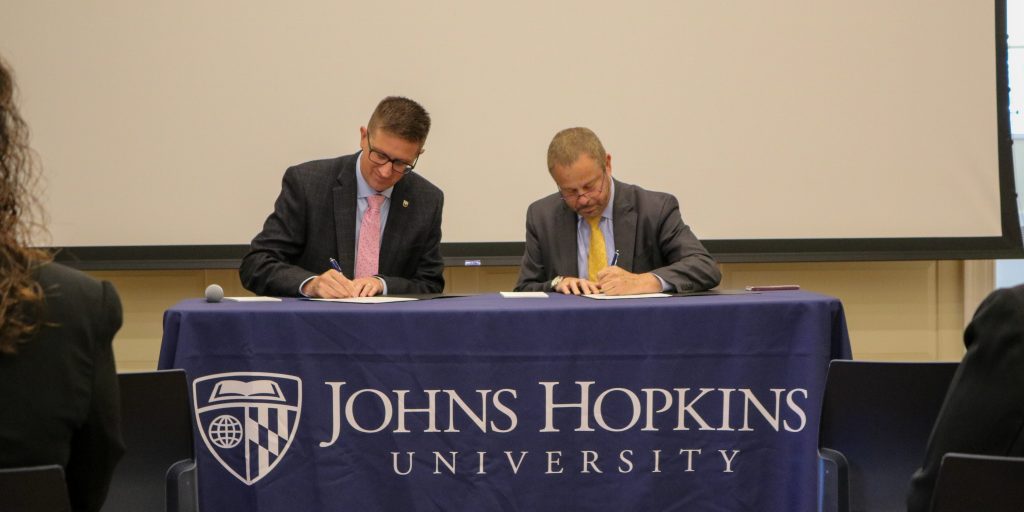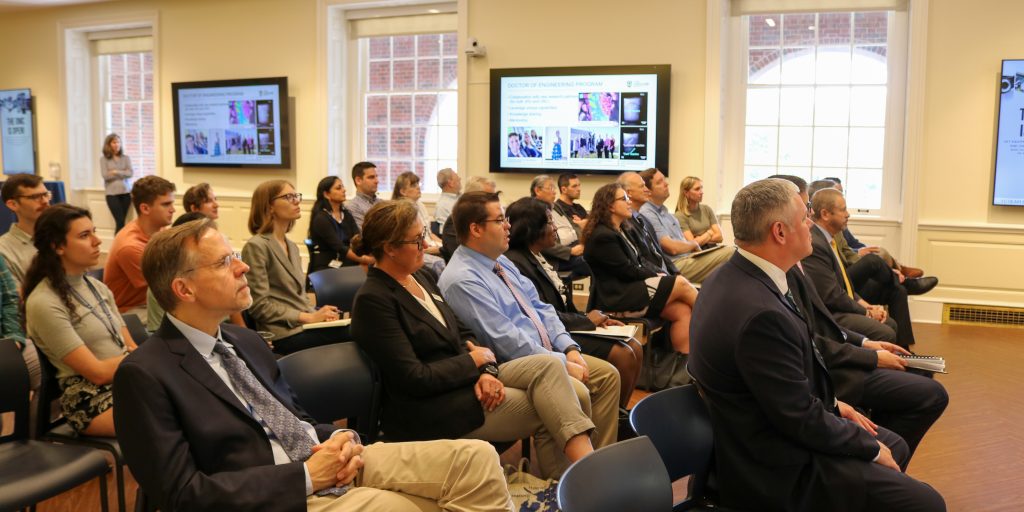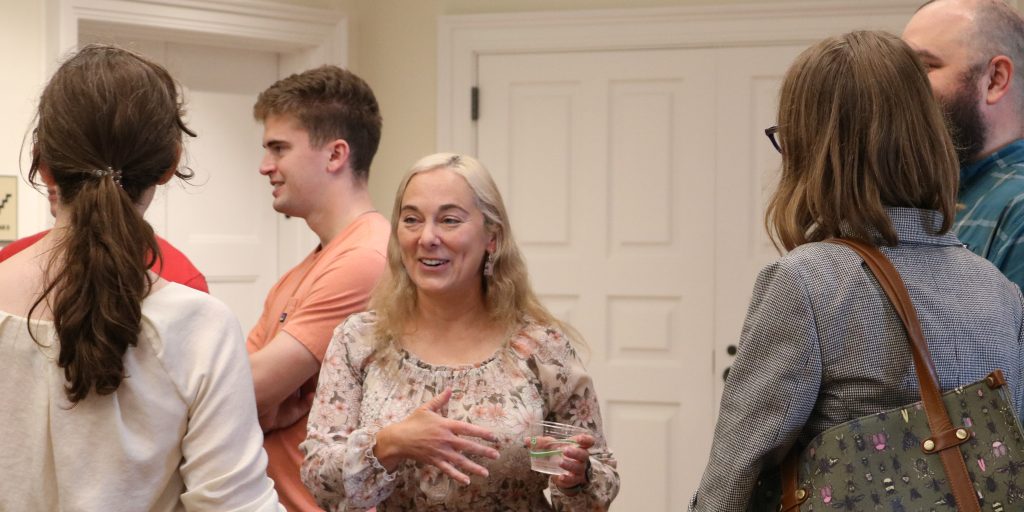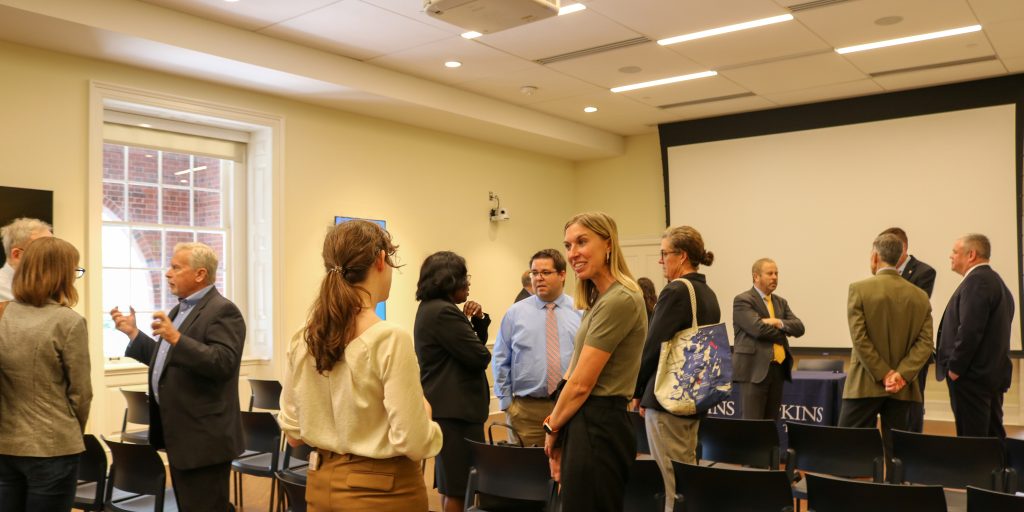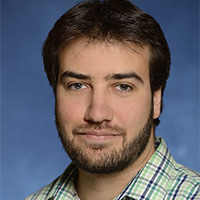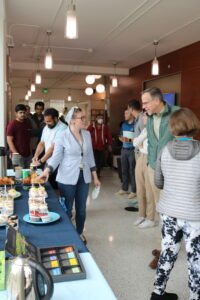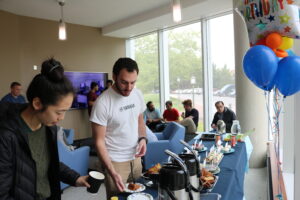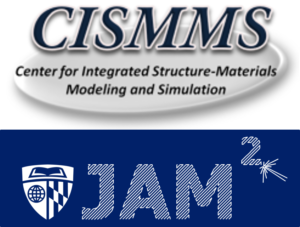
The Hopkins Extreme Materials Institute (HEMI) is thrilled to welcome the Center for Integrated Structure-Material Modeling & Simulation (CISMMS) and the Johns Hopkins Center for Additive Manufacturing and Architected Materials (JAM2) as new partner centers! These two world-class research units enable new areas of extreme materials research to be addressed, strengthening the research portfolio and impact of the HEMI team. “The addition of CISMMS and JAM2 is an incredibly exciting partnership opportunity. The addition of preeminent experts in the fields of multi-scale modeling, architected materials, and additive manufacturing will allow HEMI to address key problems with broad societal implications. These are also great people, who I am looking forward to working with to expand the footprint of extreme materials at Hopkins,” said Tim Rupert, director of HEMI and professor in the Department of Materials Science and Engineering.
CISMMS, under the direction of Professor Somnath Ghosh (Director), is a collaborative, multidisciplinary research and educational program that fosters foundational advances in computational modeling, simulation, and design in the fields of integrated computational materials science and engineering, multi-scale analysis, and computational structure-material analysis and design. Research at CISMMS focuses on creating computerized models and simulations to study and improve the design of materials ranging from automobiles and aircraft to biomaterials and electronics. CISMMS has received funding from (1) Air Force Center of Excellence on Integrated Materials Modeling (CEIMM) from 2012-2018, (2) Institute for Modeling-based Qualification and Certification of Additive Manufacturing (IMQCAM): A NASA Space Technology Research Institute (STRI) from 2023-2028, and (3) Air Force Research Laboratory Defense University Research Instrumentation Program from 2021-2022, to name a few.
JAM2, under the direction of Professor Kevin Hemker (Director) and Professor James Guest (Deputy Director), conducts cross-cutting research in design, manufacturing, characterization and applications of additive manufacturing and architected materials. “HEMI has done a fantastic job of bringing together and raising the profile of researchers engaged in materials science and engineering across Hopkins. My colleagues in JAM2 and I are excited to have Tim Rupert at Hopkins, embrace his vision for the future of HEMI, and look forward to engaging and working with the HEMI staff and the myriad of HEMI Fellows and researchers.”, said Kevin Hemker, who holds the Alonzo G. Decker Chair of Mechanical Engineering and is the Director of JAM2. The work of JAM2 is revolutionizing material performance for a broad array of engineering applications, including automotive, aviation, defense, energy, healthcare, medicine, and space.



